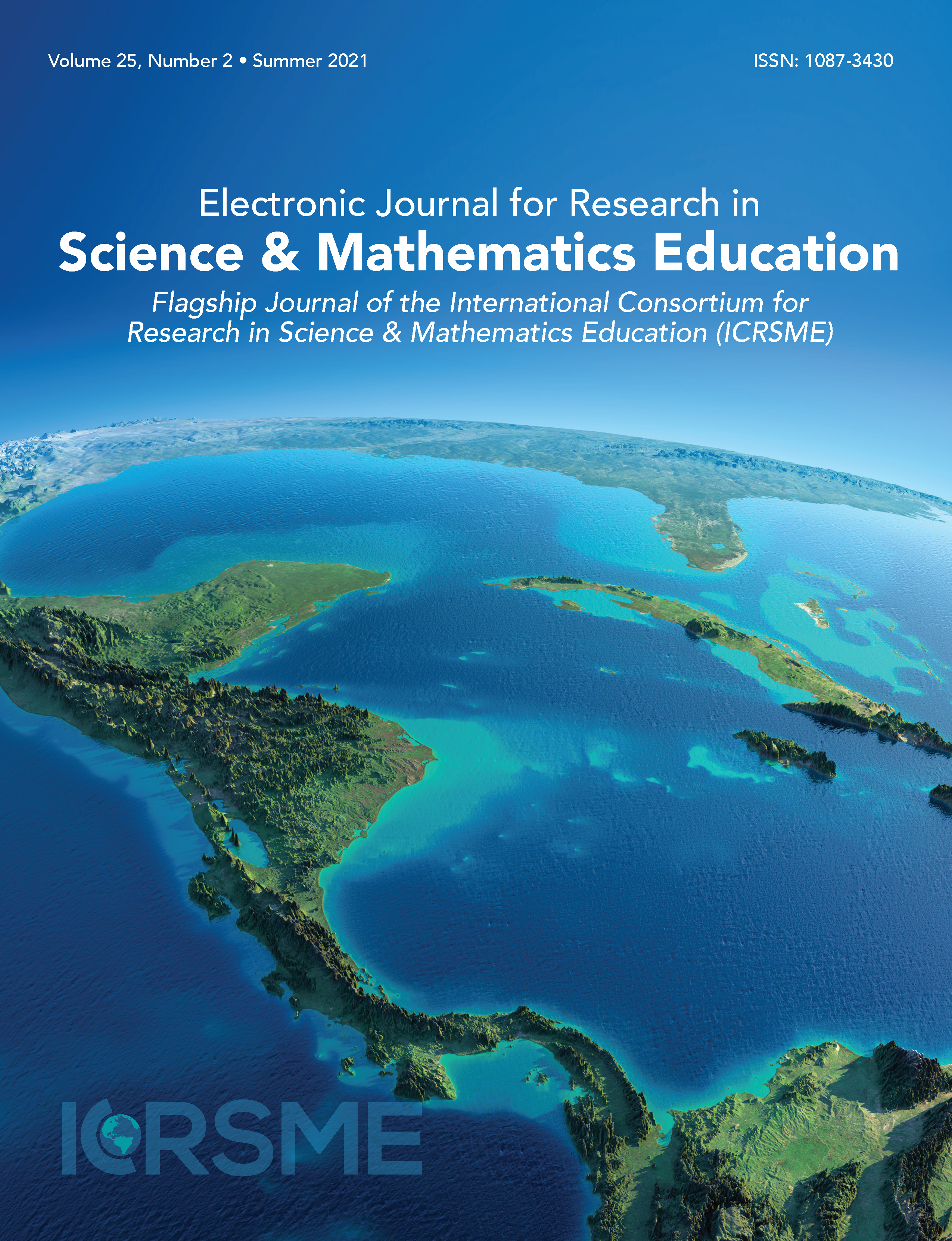The Effects of the Flipped Classroom Model on the Laboratory Self-Efficacy and Attitude of Higher Education Students
Main Article Content
Abstract
In class environments, the flipped classroom (FC) model has been found to increase students' attitudes, achievement, and motivation. However, the practical effects of the FC model in laboratory environments have not been introduced into the literature. Therefore, in this study, the effects of the FC model on the laboratory self-efficacy skills and attitudes of higher education students were investigated within the scope of the physics laboratory course. The data were purposively collected from a group of 84 first-year university students aged between 18-20, who were, then, sorted out into two groups: experimental and control. The sequential explanatory design model by Creswell was used, which is a subcategory of the mixed-methods design. While the FC model was applied to the experimental group, the traditional classroom model was used in the control group. In the data collection process, qualitative and quantitative data collection tools were used sequentially. The experimental results obtained at the end of a six-week study showed that the FC model significantly improved the laboratory self-efficacy and attitude towards the laboratory of higher education students. Therefore, the FC model was also found to have positive effects in laboratory environments.
Article Details
© 2025 Electronic Journal for Research in Science & Mathematics Education (EJRSME)
